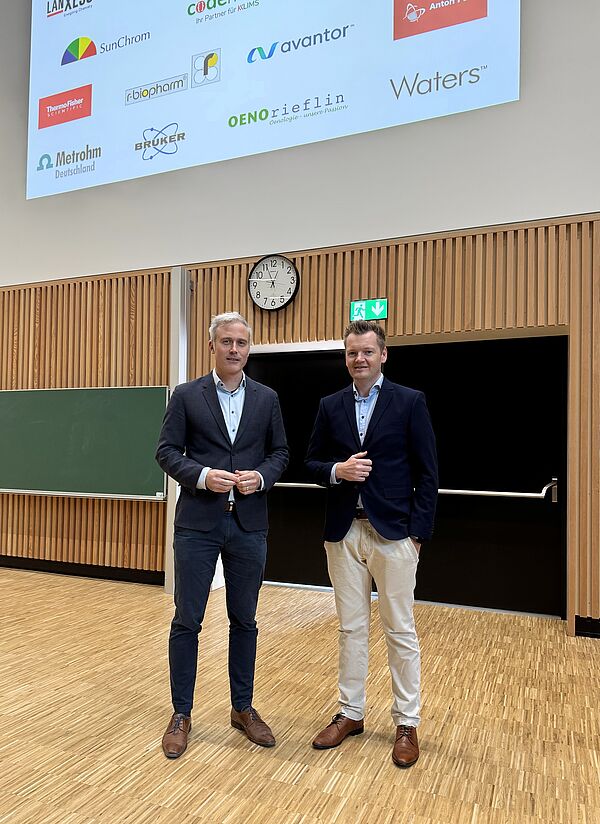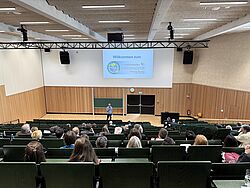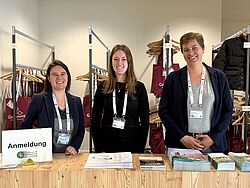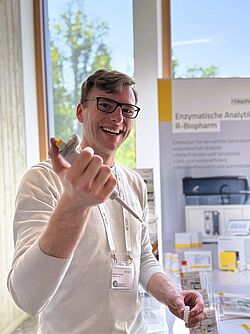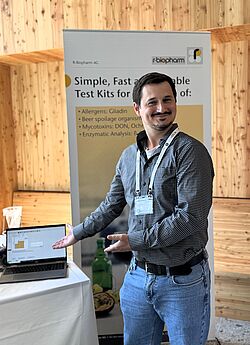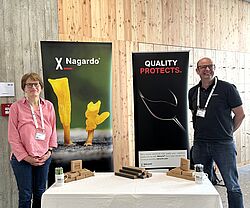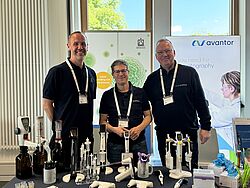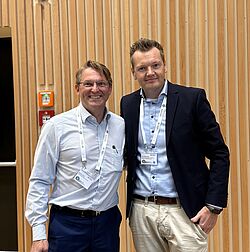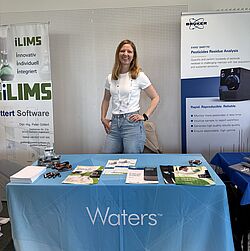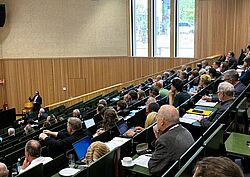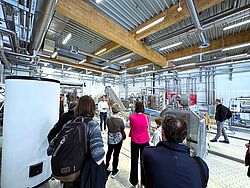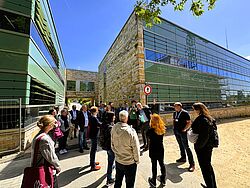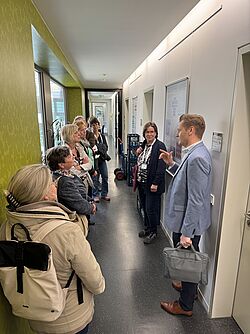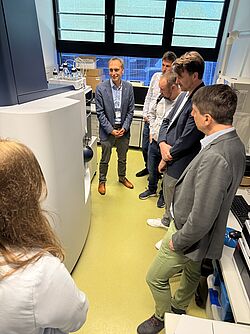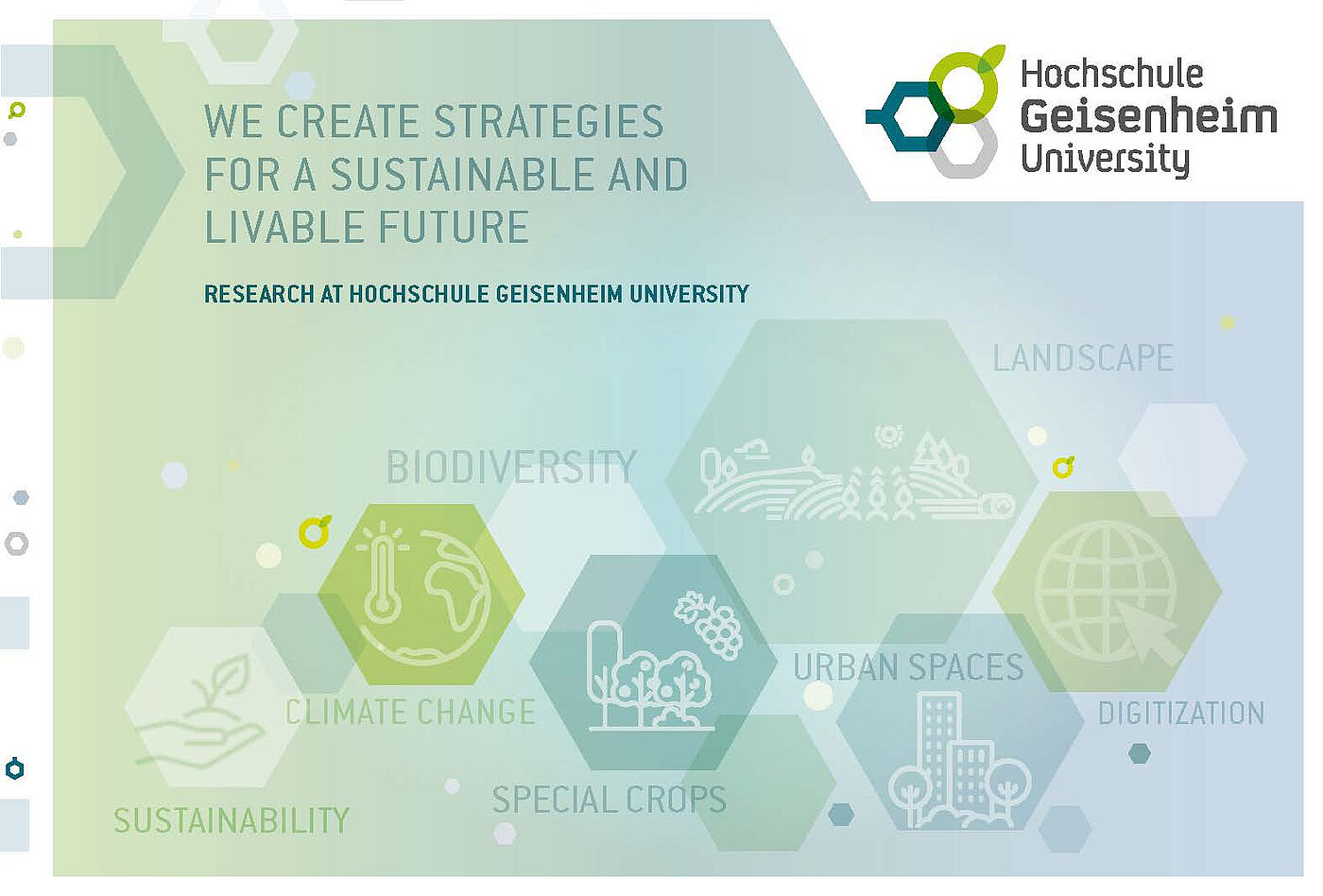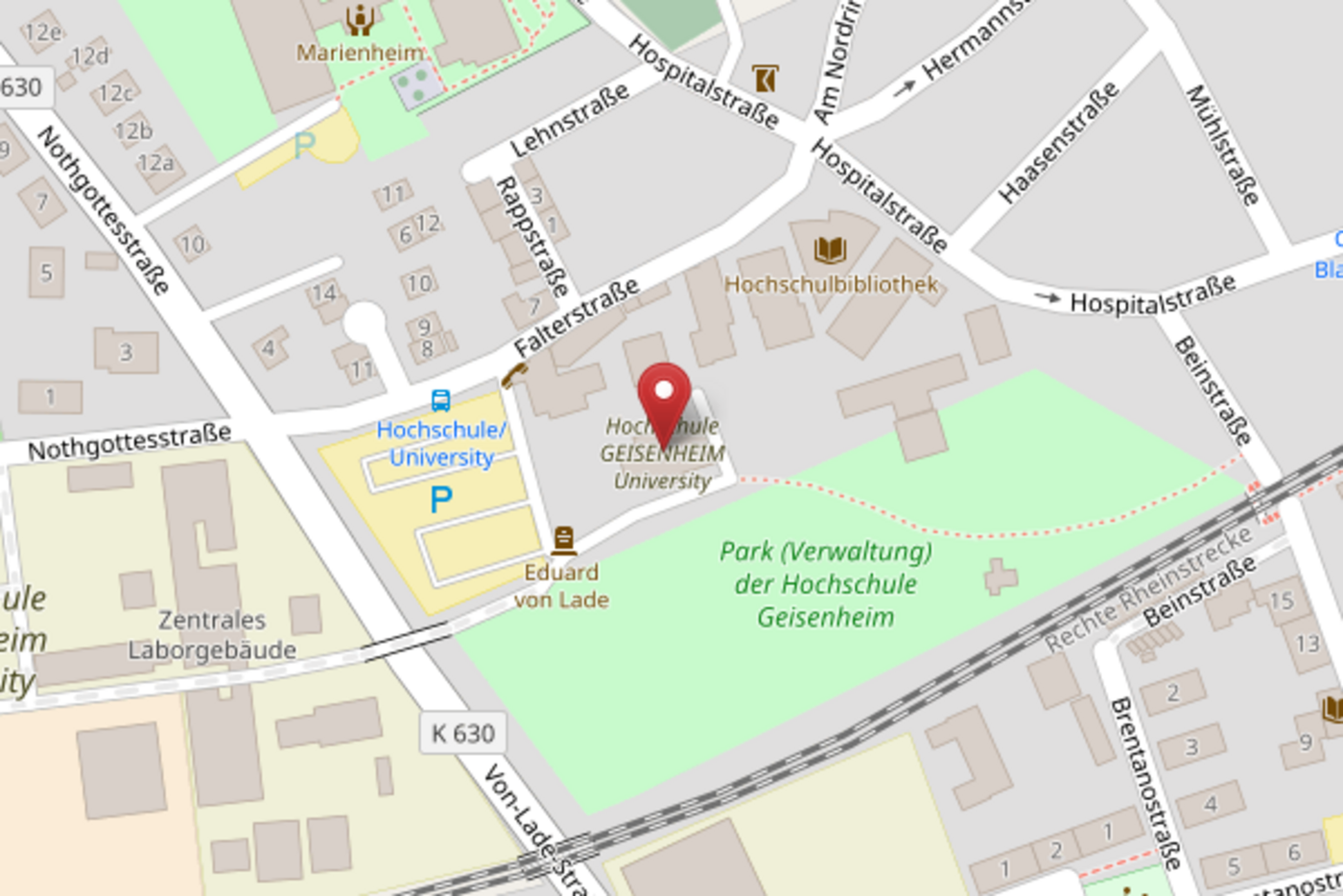The conference’s multi-faceted program focused on modern analysis methods, sensory assessment issues, microbiological diagnostics, and new approaches to automatization and digitization. Contributions ranged from practical applications to innovative research approaches that aim to meet the challenges of a changing wine industry. Special emphasis was placed on praxis-oriented solutions for the sector: rising demands, increasing economic pressure, and changing consumer behavior require new approaches in both production and analysis. As a result, the dealcoholization of wine became a major topic of discussion during the conference, particularly at the evening event, which featured a wine tasting that included dealcoholized products.
Having taken place regularly since 2001, the conference once more proved to be an invaluable platform for the exchange of expert knowledge, the safeguarding of quality in practice, as well as networking between researchers and industry players.
The conference was held at Hochschule Geisenheim University’s newly opened Lecture Hall Building – a visible symbol of the university’s growth and forward-looking vision, as it continues to actively respond to current challenges with new degree programs, new professorships, and a strong sense of community.
We would like to thank all participants and contributors for two days full of inspiration, discussions, and shared ideas, and we look forward to the next conference at the State Viticulture Institute in Freiburg in 2027!



